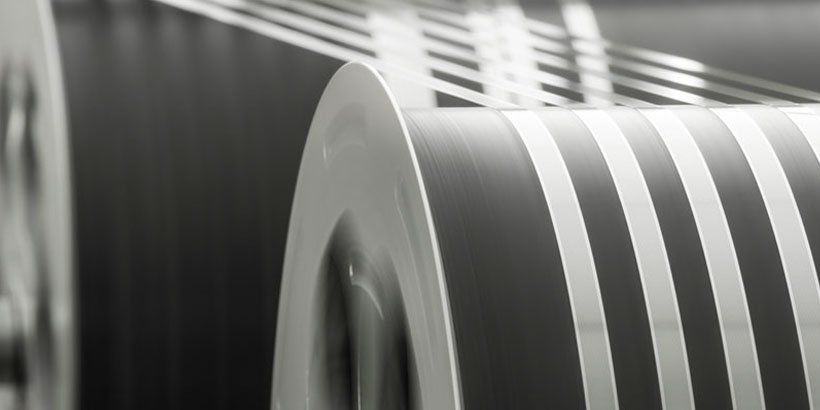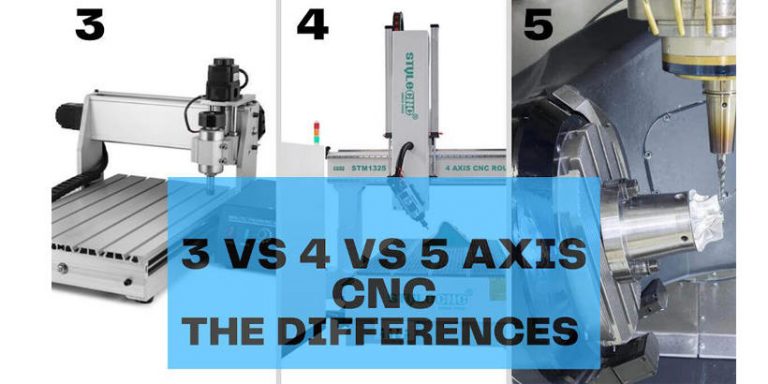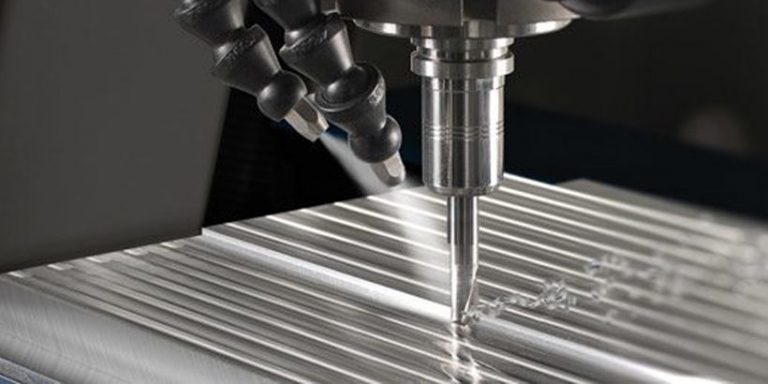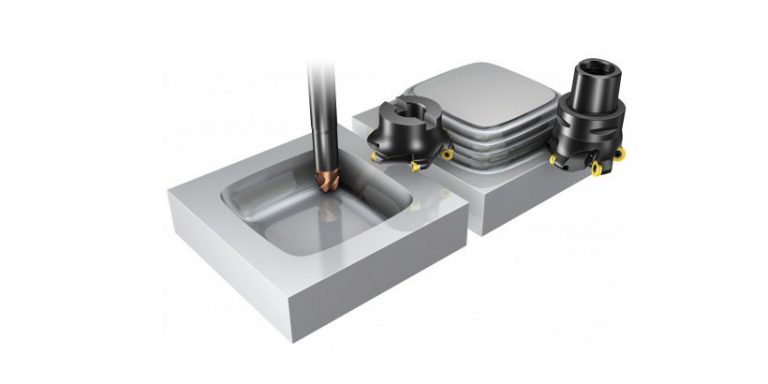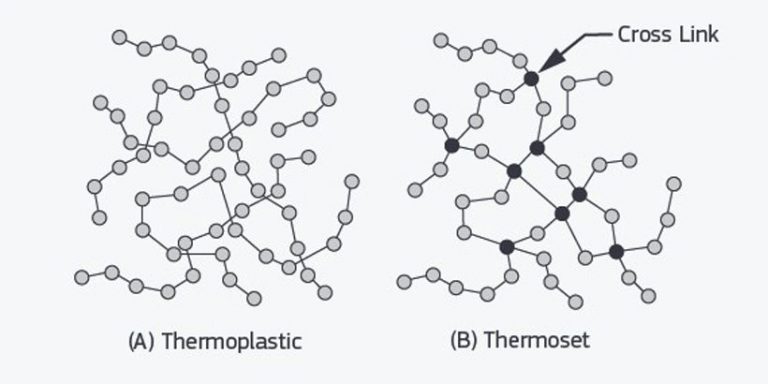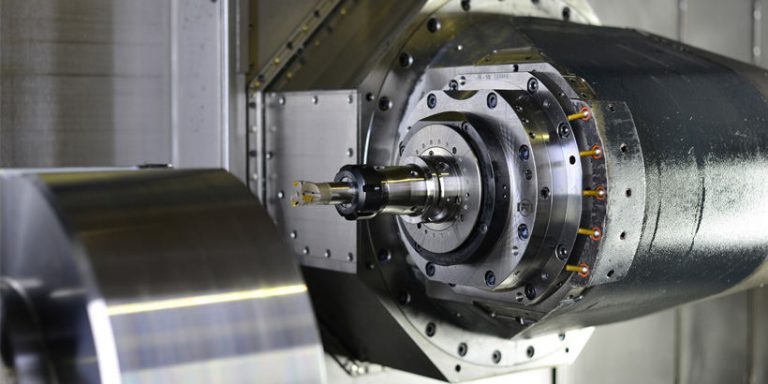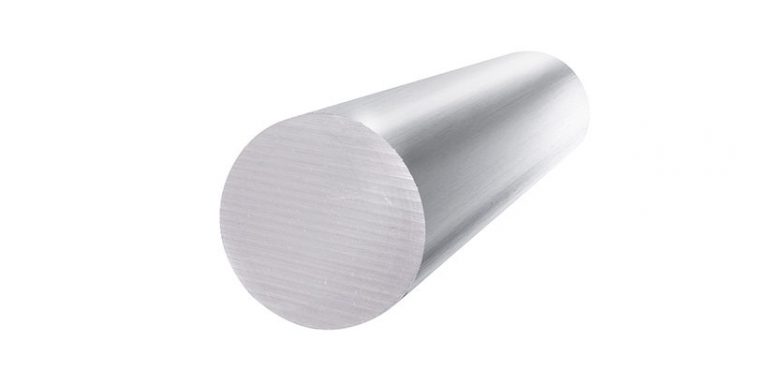Guide to Industrial Etching & Chemical Milling
What is industrial etching as well as how does it work? In this guide, DEK will bring details of this surface finish service for CNC metal parts, with the commercial etching process, materials, applications, as well as advantages.
Table of Contents
What is Industrial Etching?
Industrial Etching, also called chemical milling, chemical etching, or image etching, it’s a subtractive manufacturing process of removing materials in baths of temperature-regulated etching chemicals, to generate high accuracy metal get rid of the wanted shape. Chemical etching is mostly made use of metals, though various other materials can be refined too.
Just How Does Industrial Etching Work?
The industrial etching procedure includes the cutting area (metal workpiece) in the chemical option, reacts with the material in the location to be cut and also dissolves the solid material. A cleansed sheet of substrate laminated flooring with a layer of light-sensitive resist, then exposed to ultraviolet light to move the CAD layout to a favourable picture of the workpiece, reveal the patterned substratum to an etching solution and eliminate the vulnerable products precisely. Chemical etching is carried out in a collection of 5 actions: cleaning, masking, scribing, etching, and demasking.
Chemical Milling Materials
The chemical etching can work with a big selection of materials, including stainless steel, carbon steel, mild steel, aluminium, nickel alloys, copper, brass, bronze, silver, gold, zinc, titanium, magnesium, and so on.
Industrial Etching Applications
- Electronic industry. Washers, filters, shims, spacers, printed circuit boards, EMI/RFI securing, warm sinks, etc.
- Print industry. Cutting dies, marking dies, embossing cylindrical tubes, intaglio printmaking, and so on.
- Clinical equipment and tools. Surgical blades, needles, lancets, and so on.
- Automotive as well as auto components. Flat springs, audio speaker grilles, and so on.
- Industrial nameplates, tags, and also signs, trophies, guideposts, memorial items, and so on.
- Aerospace and semiconductor fields.
Benefits of Chemical Milling/Etching
- Cost-efficient with shorter lead time than great deals of various other procedures like marking.
- Complex, burr-free metal products can be produced, with no requirement for deburring.
- Design and manufacturing flexibility, fast prototyping to big batch manufacturing.
- The physical efficiency of the steel components will not be affected.
- Exceptional toughness of the industrial labels as well as signs.
- High accuracy, tight tolerances, complicated geometries can be understood.
